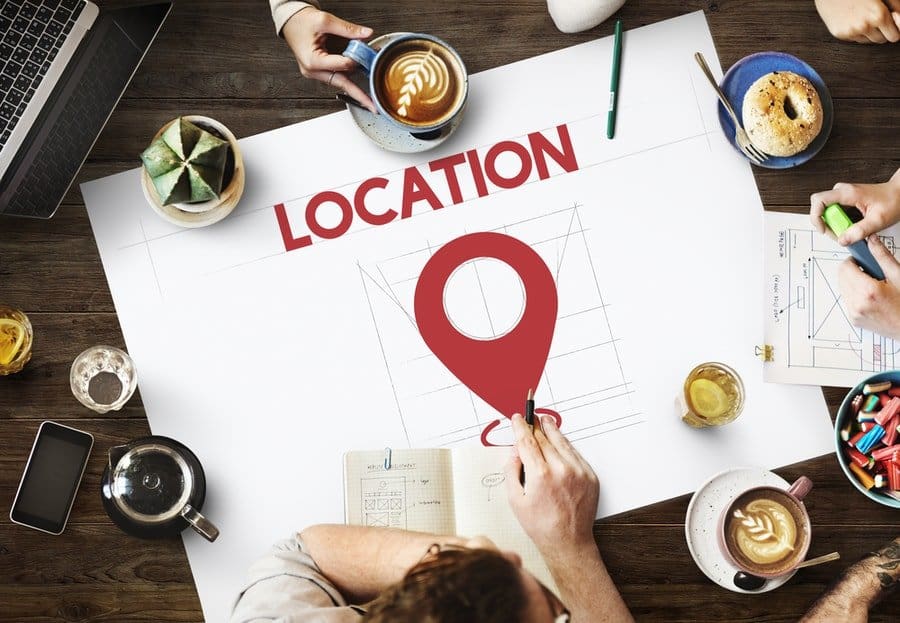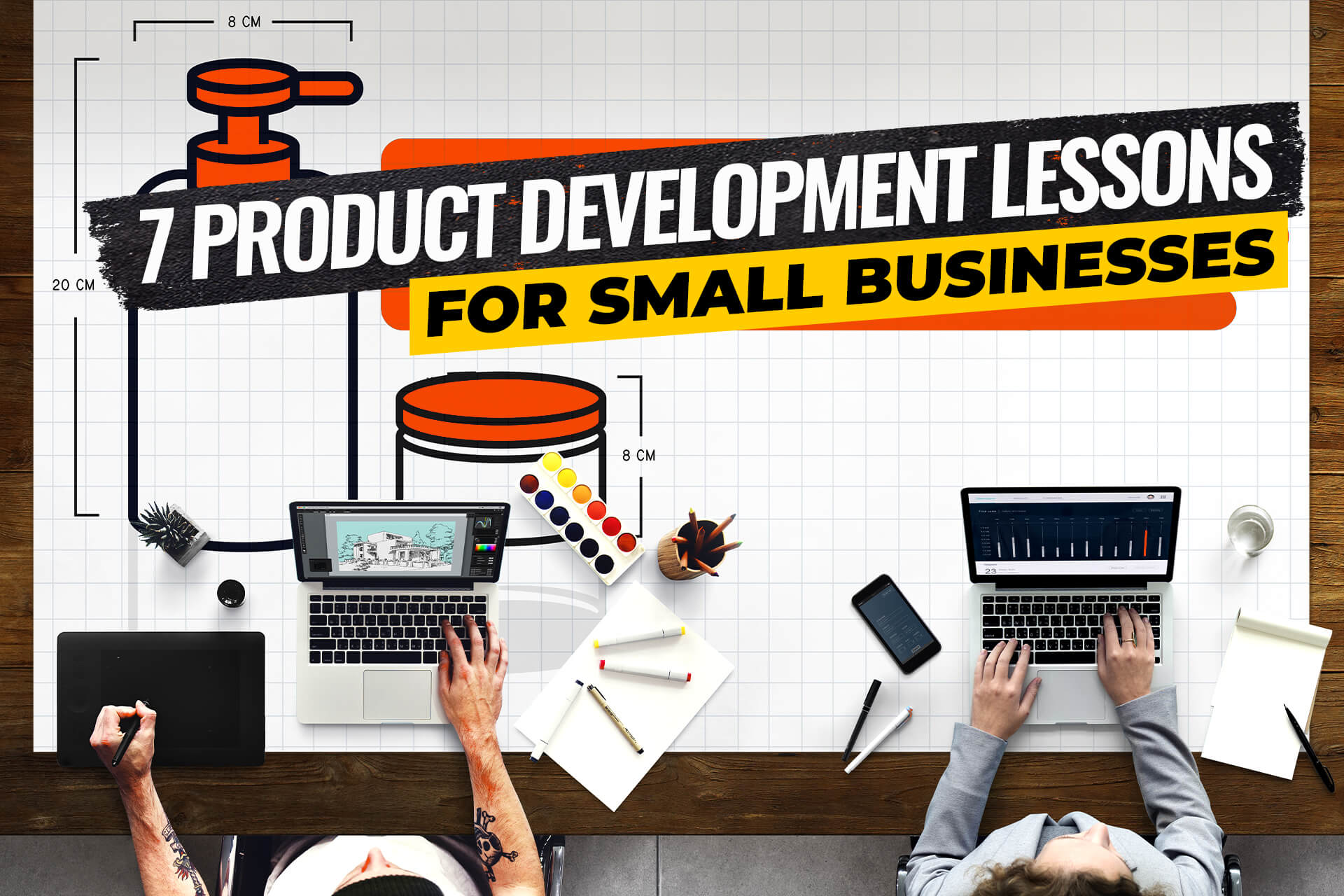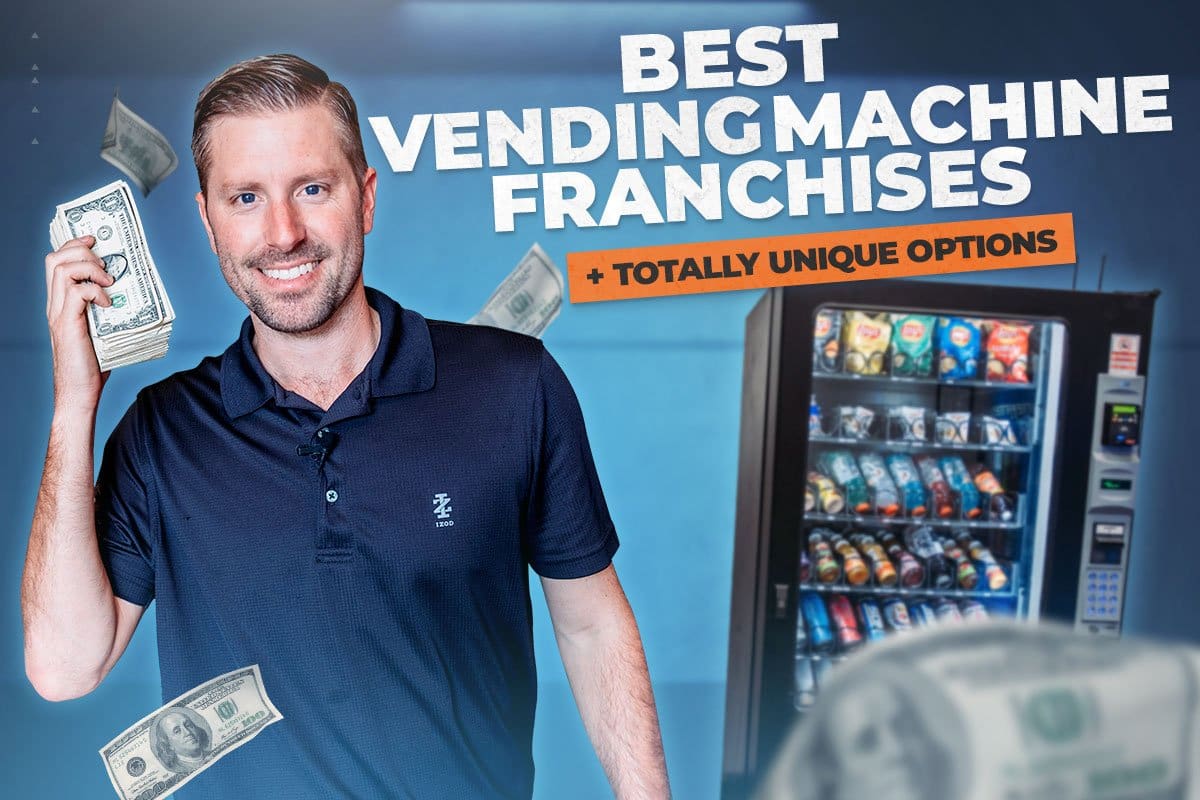Choosing a business location is complex. We’ve put together a list of 9 considerations to help you choose the best place for your business.
Every city I have ever been in has had a shopping center that seemed like it was cursed. No matter what types of businesses opened in the location, they could never maintain a full shopping center. Do you have a location like that where you live?
If so, you know the importance of choosing a location for a business. You want your new business location to excel because you chose the best location for your business. We talked to David Schomer, the owner of Espresso Vivace and the person who is considered the originator of Latte Art. Amongst other things, he gave us some information about how to select the location of business activities.
We’re going to provide you with the information you need to pick the best business location for a retail business and other businesses including:
- How the location of business impacts the success
- Types of business locations
- What is the right location for a retail business
- Business location factors to consider
Let’s jump in and explore the question: “Why is the location of a business important?”
How the location of business impacts the success
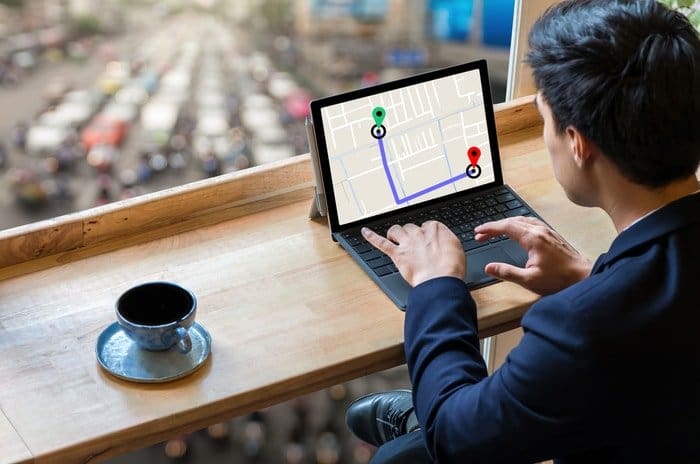
When you choose a business location, it is one of the most important decisions you can make because it factors into every other aspect of your small business. As David pointed out there is a reason for the saying:
“Location, Location! L – O – C – A – T – I – O – N !”
Here are just some of the ways location impacts success:
- The pricing of property impacts your costs and profit margin. Retail Minded has an article about how Britain asks commercial properties to reduce rents to stimulate economies.
- Some locations can make it hard or dangerous for employees to get to work, impacting companies’ eligible pool of talent.
- If a company is far from its target audience it will cost more in travel costs. If they are a service business it will likely result in fewer customers if they will need to come to the business location.
- Failure to follow zoning laws can incur penalties. In New Jersey, the penalties can be up to $10,000.
- If two salons are right next to each other, one will probably go out of business (or be bought by the other. This goes for many businesses that are fairly interchangeable.
As you can see, a small business location strategy can determine whether a company succeeds or if it is driven out of the community by high costs and local zoning ordinances. Since choosing a potential location for your business is obviously important, let’s look at the types of business locations you can choose.
Types of business locations
Business locations typically fall into several categories. The most common type of business locations are:
- Shopping centers – Great places for retail space, grocery stores, restaurants, and salons
- Business parks – Best for offices spaces
- Coworking spaces – Best for knowledge-based workers that need a quiet space to work and to meet clients
- Home businesses – Best for companies starting off that have no inventory and no customers come to their locations
- Industrial areas – If your industry lets off major pollutants, you’ll probably need to be in an area zoned for this.
- Arts districts – Best for companies focused on creative work.
- Malls – Best for companies targeting teenagers and companies that can operate booths
- Warehouses – Best for construction businesses
- Standalone – Car washes, mechanics, fast food, restaurants
- Agricultural – Rural areas with land for growing food. Make sure it isn’t protected by EPA before buying or the business owner could lose lots of money.
If you aren’t quite sure you’re ready to choose a business location, check out our business launching guide. Otherwise, keep reading for more information on the most common type of business started.
Business location factors to consider
There are a ton of considerations when choosing the perfect space, but the following are some of the most important:
- Near your demographic
- Square footage
- Pricing
- Zoning
- The other businesses nearby
- Foot traffic
- Parking
- Government Incentives
- Access to Transportation
Keep reading to find out why!
Factor 1: Near your target market
The right location should always be near your target audience. Small businesses are so competitive that they have to be conveniently located to the target demographic. If the desired location is not near prospective customers, it is a bad location. You won’t get the customer base you want.
David had a little to say about choosing a location for a coffee shop. Watch that segment of his interview below:
For those of you who aren’t able to listen because it will disturb those around you, he said:
“Coffee shops need an urban location with lots of foot traffic. I wouldn’t open a coffee shop in a rural location or a drive-through. The business would be garbage.”
That’s why you should have a demographic profile of your potential customers in mind and check out the Census Bureau’s statistics on income before trying to pick the right community for your business. Disposable income is available for most cities by zip code.
Keep reading for other factors that go into choosing a specific site for your business location.
Factor 2: Square footage
A location strategy for business people should include considering how many square feet are needed for the business. You can look at similar businesses in the local market to get an idea of how many square feet you need.
Alternatively, this guide from the City of Davis provides the number of square feet per employee that the city requires. While this is only applicable for the Davis local area, most cities should have something similar. Make sure to do thorough market research about the local ordinances before shopping.
You may want to plan for a certain location to grow with your business. If you do, the right location should be able to hold any growth in employees you have for at least three to five years. Unless you are building, there’s no need to go beyond 5 years, but when building you may want to go out 10+ years.
Keep reading to understand how pricing should factor into choosing the right location.
Factor 3: Pricing
You should be aware of how to judge the cost of a property by several methods. A site will typically be charged on a price per square foot that is converted to a monthly or annual rate. If a location has higher prices than the general area, that could mean there is high demand for the location.
Meanwhile, low rent could be an indication of problems with the site, such as bad parking options, an oddly shaped space, or previous tenants did a lot of damage to it. Make sure to look at the property in person before committing to it.
You might pay a higher price if the site offers a street-side sign to encourage customers to visit your location. This can be really beneficial because the sign is effectively a marketing expense and should increase revenue.
Factor 4: Zoning
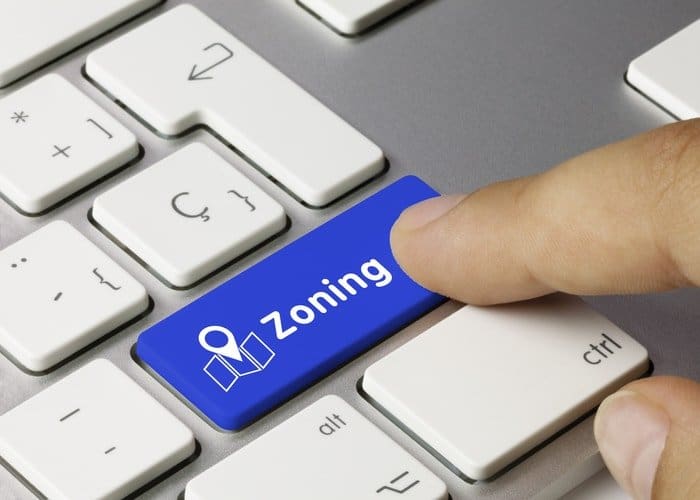
A zoning ordinance is a rule regarding how land in a specific area can be used. Zoning regulations normally specify a few different types of land:
- Agricultural – Land for growing food, cotton, tobacco, and marijuana (where it’s legal)
- Commercial – Restaurants, retail stores, and salons
- Residential – Homes, duplexes, apartments
- Industrial – HVAC, electrical, manufacturing, supply houses, and businesses targeting the employees of the previously listed companies.
- Mixed-use – Typically a mix of commercial and residential, but could be mixes of others
There may be more but these are the typical zones. Check with your local SBA office to find out your city’s zoning requirements.
Factor 5: The other businesses nearby
Nearby businesses can influence where you locate your business in a community as well. There are two primary scenarios you want to consider:
- Are there certain types of businesses that would be good to be near? For instance, a Lululemon might want to be near a 24 Hour Fitness so they can sell athletic gear to the gym’s customers.
- How close are competitors or your other locations? You don’t want to have two coffee shops in the same parking lot, or even on the same cross streets unless the cross streets have an insane amount of traffic.
Factor 6: Foot traffic
The community activity in a shopping center can dramatically increase the number of customers that come into a newly opened store. If you are right next to a grocery store, you are likely to have more customers visit your site than if you are in a standalone building with no other businesses nearby.
Make sure to go to the location during different times of day to verify what the traffic patterns look like. Alternatively, you can talk to current tenants and ask them questions like:
- How many walk-in customers do you have per weekday? Weekend days?
- What are your busiest times of the day?
- Do you have seasonal fluctuations? If so, what are they?
Factor 7: Parking
The parking scenario should also be considered when you research “what is the right location for business.” In general, sufficient parking would include:
- One parking spot for each of your employees
- One parking spot for every three customers based on maximum occupancy of service businesses
You should also make sure the parking lot is in good condition. If it’s not, there is a good chance the property owner doesn’t take good care of the building either.
Factor 8: Government Incentives
There are government incentives from federal, state, and local governments to encourage businesses to open in certain locations. You’ll need to talk to each local government to find out what incentives they are offering but check out HUD incentives for the most common incentives.
Often the incentives are in the form of tax waivers, credits to your taxes, or increased deduction limits. Make sure to do your research and talk to a tax attorney.
Factor 9: Access to Transportation
Employees need to get to work. If you are in a town with public transportation, determine routes and where they make stops. You can take that information into account by finding spaces to rent that are near the route stops. It will make workers’ lives easier.
Go Find Your Perfect Business Location
Now you know how to choose a location for a small business. You’ll need to work with a commercial real estate professional to find the location that works best for you. Presearch it!
If you’ve already chosen a business location, you’ll need to remodel it to suit your use. Check out Service Wise Electric’s blog about remodeling for advice on how to go about renovations.
Alternatively, check out our interview with a boutique owner who has some good insights about a commercial buildout.
We hope you enjoyed learning why location is important, envisioning the types of locations, and understanding what to consider when selecting a business location.
At UpFlip we aim to write content that helps you solve your most pressing business needs. While analyzing search results can help us find some of the most searched inquiries, we know that sometimes SEO doesn’t give you the exact answer you need. What would you like us to provide more information about?

